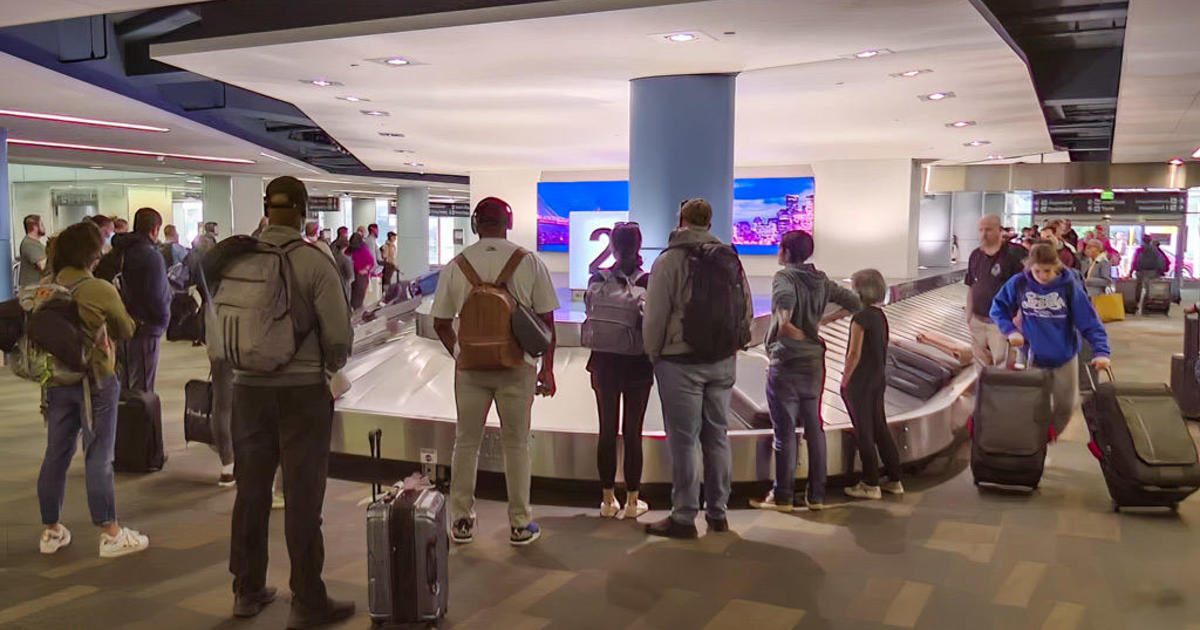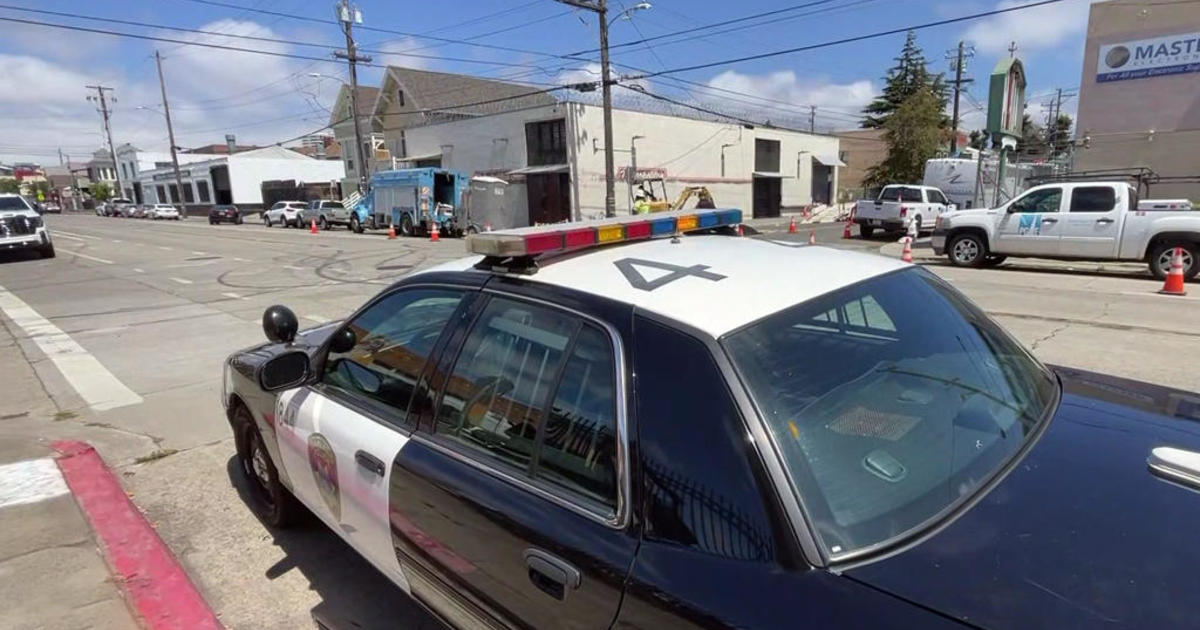School Year Begins Amid Rising Measles Cases; Which Vaccinations To Get
SAN FRANCISCO (KPIX) -- The California Department of Public Health says immunization rates remain at high levels, but have decreased over the last two years.
In the 2018-2010 school year, 94.8% of kindergartners were fully vaccinated. Current California state law requires every child attending public or private school be up to date with their vaccinations. Parents can file a medical exemption for their student, but not a personal one.
California is one of four states in the country that does not allow religious or personal beliefs that will prevent children from getting their shots. Students can only go to school without shots if they are medically exempt.
Sarah Dellatore, a nurse practitioner at Minute Clinic in the Sunset District of San Francisco, explains why everyone who is able to get vaccinated should.
"I would recommend if you have a medical exemption, it's totally necessary," she said. "But it's called 'herd immunity' and with vaccinations, we're hoping that all the healthy people that do receive these vaccinations can help protect those who aren't able to receive them."
If your child is going to kindergarten, they'll need the vaccine for:
- Polio
- DTap - Diphtheria, Tetanus, and Pertussis
- MMR - Measles, Mumps, and Rubella
- Varicella - Chickenpox
- Hepatitis B
For 7th grade students, they need:
- TDAP Booster - Tetanus, Diphtheria and Pertussis
- Varicella - Chickenpox (if they didn't receive two doses prior)
And while not required, the CDC also recommends three more:
- Flu Shot - Between the end of August through October
- HPV - For boys and girls ages 11 and 12
- Meningococcal Conjugate Vaccine - All preteens and teens
Dellatore says meningitis comes in both a viral and bacterial form. While the viral form is more common, the bacterial one still exists and can be deadly within 24 hours of contracting the disease. Some of the symptoms include a severe headache, sudden high fever, and a very stiff neck that makes it hard to move.
"It's very quick. I would recommend seeing someone as soon as possible," she said. "If a practitioner notices these symptoms, they're going to want to get a spinal fluid or some blood work done. And then after the diagnosis is made, hopefully the antibiotics can be started within 24 hours."



